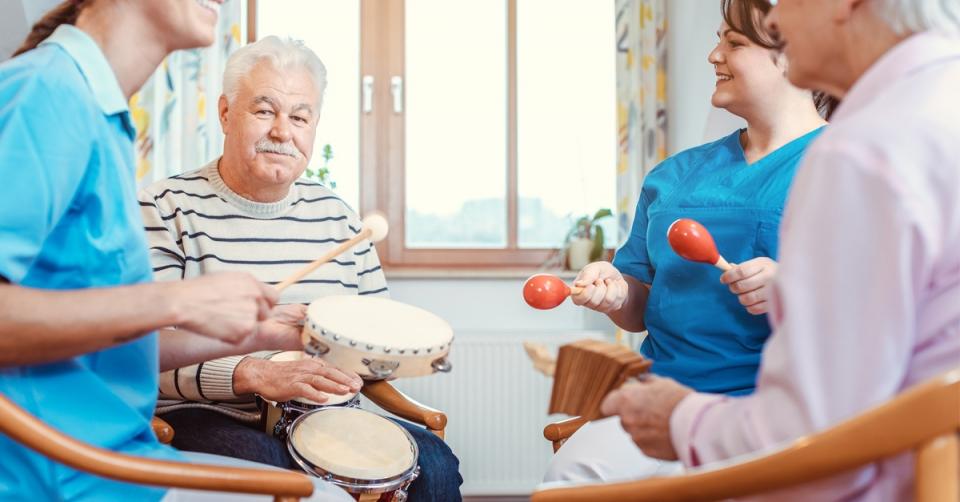
Constant repetition – such as from hitting a drum, keyboard or other percussion instrument – seems to help the brain re-establish neural pathways that the stroke may have damaged, say researchers from the Anglia Ruskin University.
The symptoms of these neural changes include improved mood and concentration, as well as better physical movement, such as walking, and finger and hand dexterity.
Neurologic Music Therapy (NMT) was tested against other stroke rehabilitation programmes, including physiotherapy, occupational therapy, speech therapy and clinical psychology.
The 177 patients who underwent a total of 675 NMT sessions over two years reported that it had been very helpful, and most said they were happier.
The researchers say that NMT is a legitimate stroke therapy, and one that should be adopted by more stroke rehabilitation units.
(Source: Topics in Stroke Rehabilitation, 2020; 1: doi: 10.1080/10749357.2020.1729585)